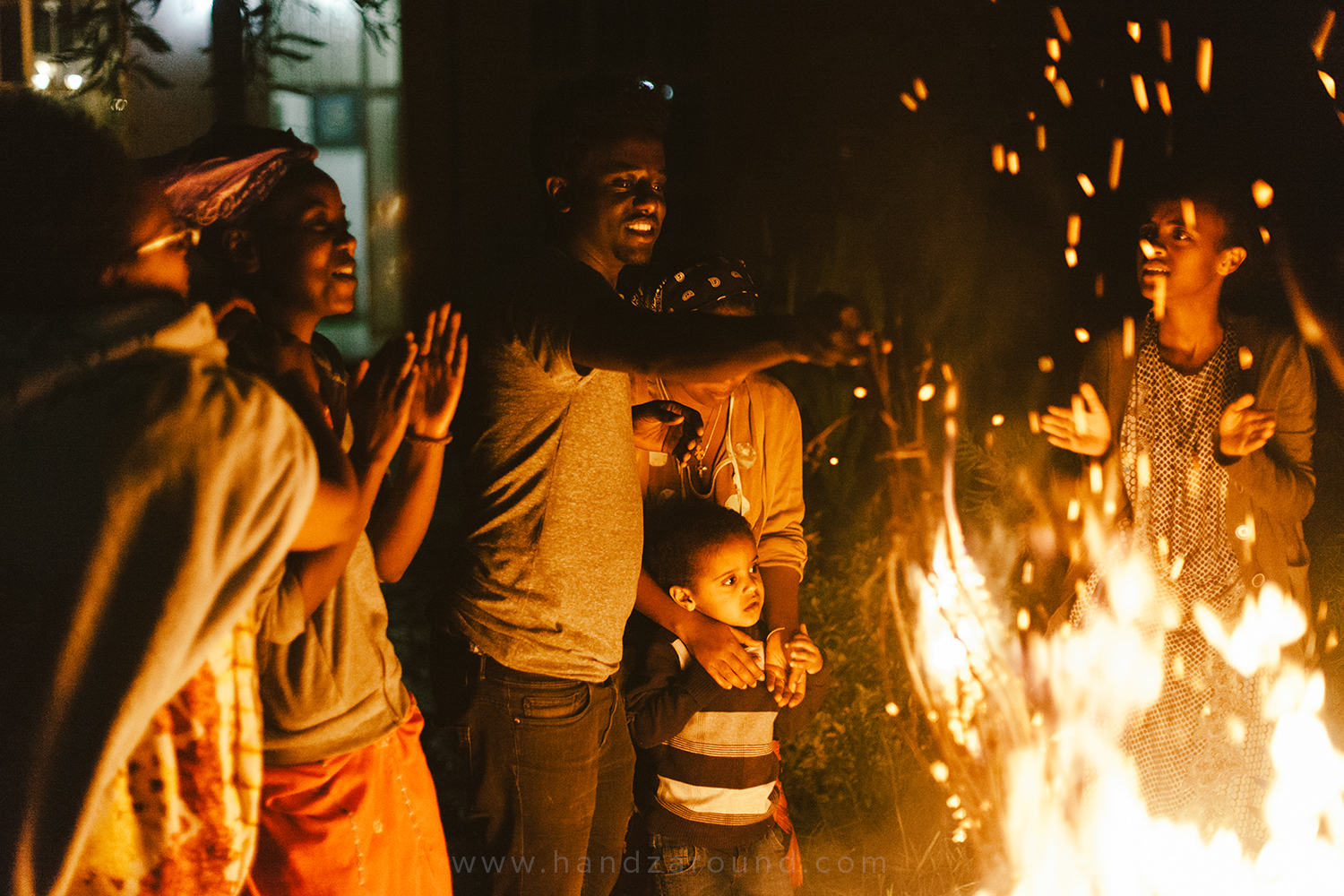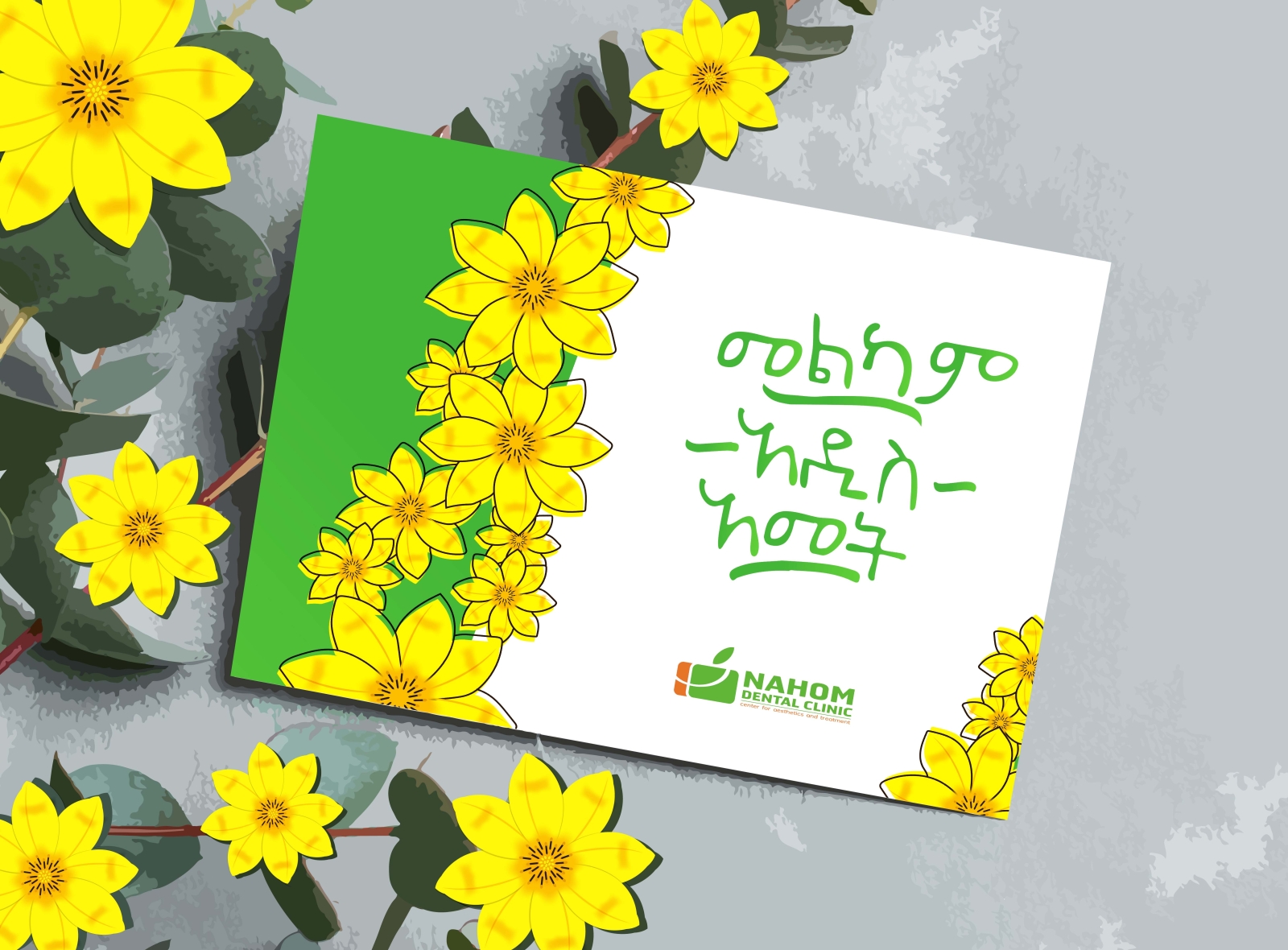Gallery
Photos from events, contest for the best costume, videos from master classes.












Enkutatash is a public holiday in Ethiopia and Eritrea that marks the first day of the Ethiopian year on 11 September (or 12 September in leap years). It commemorates the return of Queen of Sheba to Ethiopia with jewels and involves religious and cultural traditions such as church services, flower bouquets and injera meals. Enkutatash is a vibrant and joyous holiday that marks the beginning of a new year and the end of the rainy season in Ethiopia. Learn about its meaning, origins, and how it is celebrated with family, food, and community. Ethiopian New Year, or Enkutatash, is a beloved celebration that marks the first day of the Ethiopian calendar year. Rich in cultural traditions, the Ethiopian New Year is one of the most widely celebrated holidays in Ethiopia, uniting people from all regions, religions, and ethnic backgrounds. Enkutatash, the Ethiopian New Year, is a vibrant celebration that combines history, culture, and nature. Rooted in ancient traditions and symbolized by the blooming Adey Abeba flowers, this holiday marks new beginnings and the end of the rainy season. Learn about the history, traditions and customs of Enkutatash, the Ethiopian New Year that falls on 11 September. Discover how Ethiopians mark the occasion with songs, flowers, bonfires, feasts and coffee. We've got all the information on Enkutatash, including when Ethiopian New Year is in 2023, how the holiday is celebrated today, and the meaning behind the name. Learn how Ethiopians celebrate Enkutatash, their New Year, on September 11, based on their unique calendar and ancient culture. Discover the legends, rituals, food and coffee that make this holiday a special occasion. Learn about the Ethiopian calendar, which is the official state civil and ecclesiastical calendar of Ethiopia and Eritrea. Find out when the Ethiopian New Year falls on the Gregorian calendar, and how it differs from the Julian calendar and other eras. Learn how Ethiopia marks its New Year on September 11, based on the ancient Coptic Alexandrian calendar and the visit of the Queen of Sheba to King Solomon. Discover the traditions, food, culture and challenges of this unique festival in the oldest independent nation in Africa. Ethiopians and Eritreans celebrate the start of the new year on the first day of the month of Mäskäräm. In the Amharic language that is spoken in Ethiopia, the new year is referred to as Enkutatash. According to the Gregorian calendar, it occurs on September 11 (or September 12 in leap years). A choir member sings during the Ethiopian New Year's Eve celebration marking the beginning of the year 2015 on the Ethiopian calendar in Addis Ababa, on September 11, 2022. Ethiopian New Year 2025, 2026 and 2027 in Ethiopia Ethiopean New Year’s Day is the first day of the month of Meskerem, which corresponds to 11 September on the Gregorian Calendar. The holiday is named “Enkutatash”, meaning “a gift of jewels” because it is thought that the Queen of Sheba returned to Ethiopia on this day some 3,000 The day of the Ethiopian New Year also called ‘Enkutatash’ meaning “gift of jewels” in the Amharic language. The story goes back almost 3,000 years to the Queen of Sheba of ancient Ethiopia who was returning from a trip to visit King Solomon of Israel in Jerusalem, as mentioned in the Bible in I Kings 10 and II Chronicles 9. Year Weekday Date Name Holiday Type; 2003: Fri: Sep 12: Ethiopian New Year: Public Holiday: 2004: Sat: Sep 11: Ethiopian New Year: Public Holiday: 2005: Sun: Sep 11 For example, if it’s 2024 in the Gregorian calendar, the Ethiopian year would be 2016 or 2017, depending on whether the Ethiopian New Year (Enkutatash)—celebrated on September 11 or 12—has already passed. Similarly, in 2023, the Ethiopian year would be 2015 or 2016.While this formula provides a quick approximation, exact conversions Thursday, September 12th, marks the first day of the first month – known as Meskerem – of the new year for both Ethiopia and Eritrea. The name “Enkutatash” translates to “Gift of Jewels” and alludes to a centuries-old tale of Queen of Sheba’s visit to King Solomon. She brought a range of gifts for the [] Every year on September 11, Ethiopians celebrate their New Year. The holiday is called “Enkutatash,” which literary means the “gift of jewels.” This naming came from the legendary visit of the Ethiopian Queen Sheba to that of King Solomon of Jerusalem back in 98 BC. During her visit, this famous queen of Ethiopia brought the [] On the Gregorian calendar, Ethiopian New year falls on the 11th September. According to the bible, God created the earth in the month of September, and legend has it that King Solomon gave the Ethiopian Queen of Sheba jewels during a state visit over 3,000 years ago. Enkutatash, the Ethiopian New Year, is a vibrant celebration that marks the beginning of a new year in the Ethiopian calendar, which is about seven to eight years behind the Gregorian calendar. This unique timing is rooted in the ancient traditions of the Ethiopian Orthodox Church, and it falls on September 11th, or September 12th in a leap year. Why is your friendly neighborhood historian writing about the Ethiopian New Year?A couple of years ago the Washington Post interviewed me for an article they were publishing on the subject. The
Articles and news, personal stories, interviews with experts.
Photos from events, contest for the best costume, videos from master classes.











